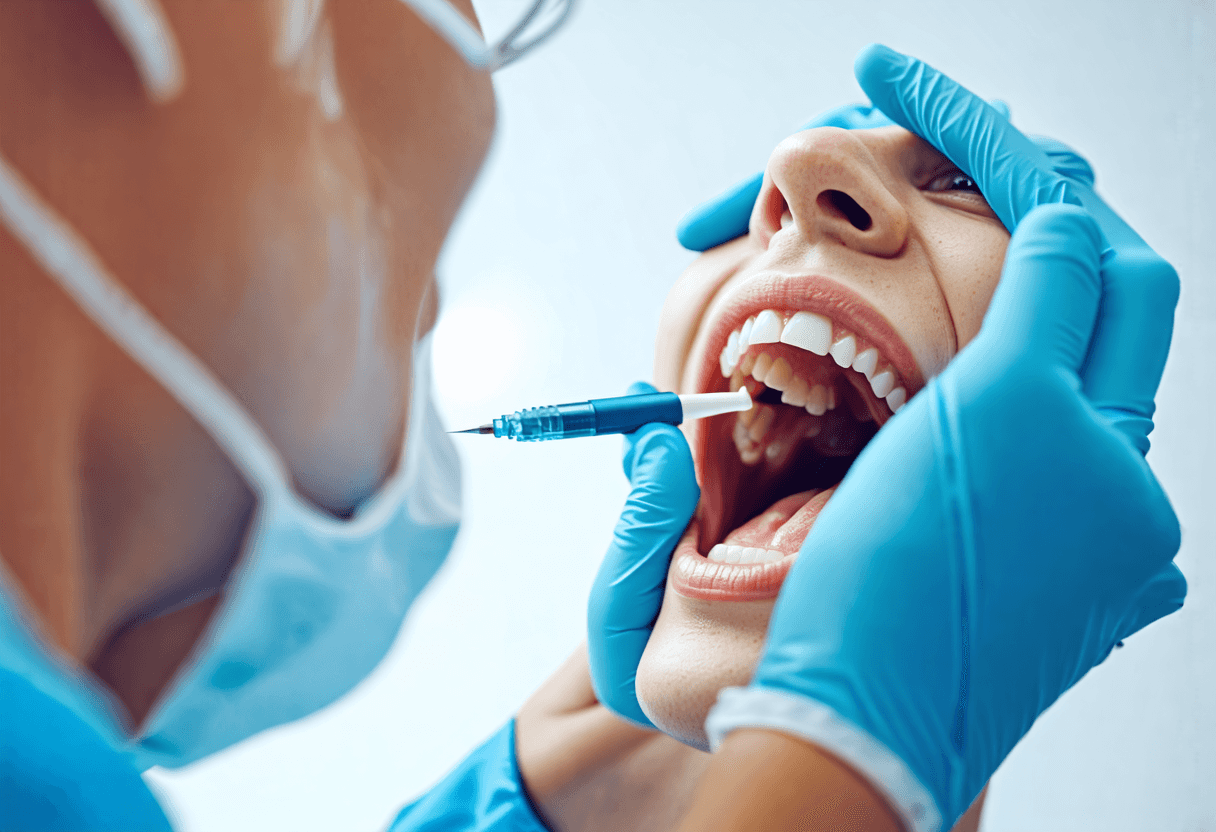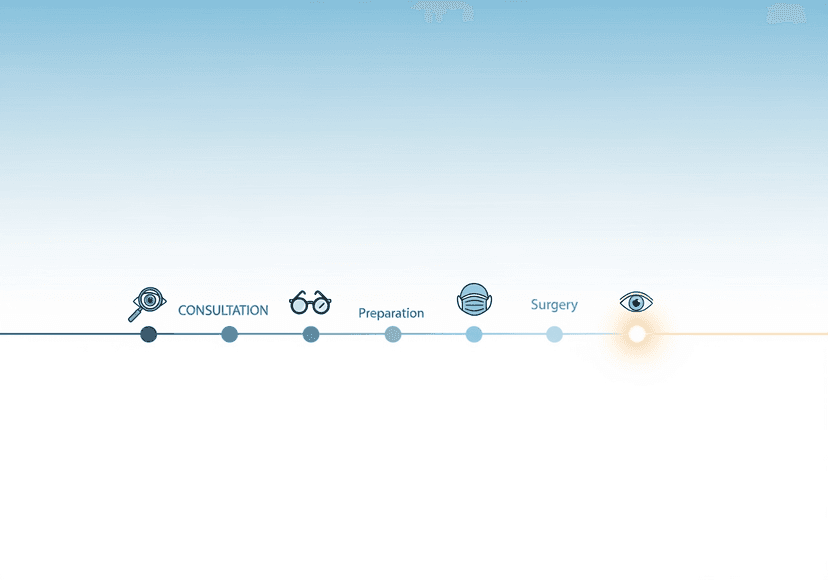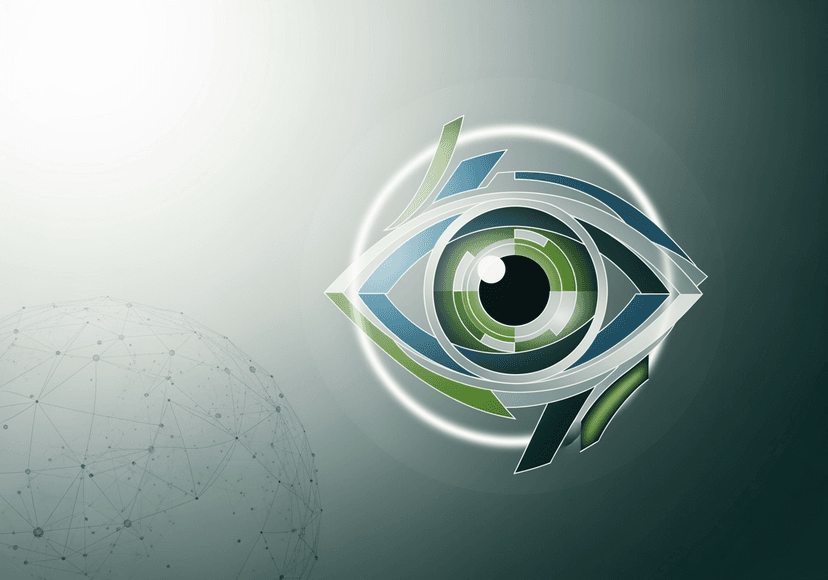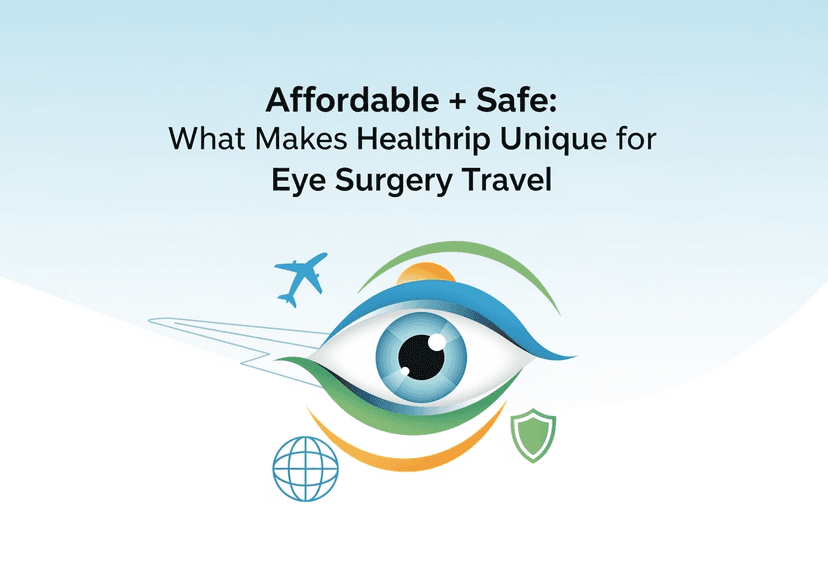
The Importance of Self-Examination for Mouth Cancer Detection
17 Oct, 2024
 Healthtrip
HealthtripAs we go about our daily lives, it's easy to overlook our own health and wellbeing, especially when it comes to our mouths. But the truth is, our mouths are a window to our overall health, and neglecting them can have serious consequences. One of the most significant risks of neglecting our oral health is the development of mouth cancer. According to the World Health Organization, mouth cancer is one of the most common types of cancer worldwide, with over 500,000 new cases reported every year. The good news is that early detection and treatment can significantly improve survival rates and quality of life. This is where self-examination comes in – a crucial step in detecting mouth cancer early on, and taking control of our health.
The Risks of Mouth Cancer
Mouth cancer can affect anyone, but certain factors increase the risk. These include smoking, chewing tobacco, excessive alcohol consumption, and a diet lacking in fruits and vegetables. The human papillomavirus (HPV) is also a known risk factor, particularly for oropharyngeal cancer. However, it's essential to remember that mouth cancer can affect anyone, regardless of their lifestyle or health history. This is why self-examination is crucial, as it allows individuals to identify potential symptoms early on and seek medical attention if necessary.
Most popular procedures in India
The Importance of Early Detection
Early detection is critical in the treatment of mouth cancer. When caught in its early stages, mouth cancer is highly treatable, and the five-year survival rate is around 90%. However, if left undetected, mouth cancer can spread to other parts of the body, making treatment more challenging and reducing the survival rate. Self-examination is a simple yet effective way to identify potential symptoms early on, allowing individuals to seek medical attention and receive timely treatment.
So, what should you look out for during a self-examination? Some common symptoms of mouth cancer include unusual lumps or swellings in the mouth, lips, or throat, red or white patches on the lining of the mouth or lips, and unexplained bleeding or numbness in the mouth. It's essential to be aware of these symptoms and take action if you notice anything unusual.
Wellness Treatments
Give yourself the time to relax
Lowest Prices Guaranteed!

Lowest Prices Guaranteed!
How to Conduct a Self-Examination
Conducting a self-examination for mouth cancer is relatively simple and can be done in the comfort of your own home. Start by looking in a mirror and examining your mouth, lips, and throat. Check for any unusual lumps, swellings, or patches, and look for any changes in the color or texture of the skin. Use your fingers to feel for any lumps or abnormalities, and check for any unusual bleeding or numbness. If you notice anything unusual, don't hesitate to seek medical attention.
What to Expect During a Medical Examination
If you notice any symptoms during a self-examination, it's essential to seek medical attention. During a medical examination, your doctor or dentist will conduct a thorough examination of your mouth, lips, and throat, looking for any signs of mouth cancer. They may also perform a biopsy to confirm the diagnosis. If mouth cancer is detected, treatment will depend on the stage and location of the cancer, but may include surgery, radiation therapy, or chemotherapy.
Remember, self-examination is a crucial step in detecting mouth cancer early on. By being aware of the risks and symptoms of mouth cancer, and taking the time to conduct regular self-examinations, you can take control of your health and reduce the risk of developing this devastating disease.
Taking Control of Your Health
Mouth cancer is a serious disease, but it's also a preventable one. By making healthy lifestyle choices, such as quitting smoking, limiting alcohol consumption, and eating a balanced diet, you can reduce your risk of developing mouth cancer. Additionally, regular dental check-ups and self-examinations can help detect any potential symptoms early on, allowing for timely treatment and improving survival rates.
In conclusion, self-examination is a vital step in detecting mouth cancer early on. By being aware of the risks and symptoms of mouth cancer, and taking the time to conduct regular self-examinations, you can take control of your health and reduce the risk of developing this devastating disease. Remember, early detection is key, and self-examination is a simple yet effective way to identify potential symptoms early on.
Related Blogs

Do's and Don'ts During Recovery After Eye Surgery's Healthtrip Tips
Learn about patient stories, wellness destinations, language support, and post-treatment

Timeline: What Your Eye Surgery Journey Looks Like with Healthtrip
Learn about patient stories, wellness destinations, language support, and post-treatment

Luxury Wellness Resorts After Eye Surgery in India's Healthtrip Picks
Learn about patient stories, wellness destinations, language support, and post-treatment

Meet the Doctor: Leading Eye Surgery Experts on Healthtrip's Panel
Learn about patient stories, wellness destinations, language support, and post-treatment

How Healthtrip Bridges Language Gaps for Eye Surgery Patients
Learn about patient stories, wellness destinations, language support, and post-treatment

Affordable + Safe: What Makes Healthtrip Unique for Eye Surgery Travel
Learn about patient stories, wellness destinations, language support, and post-treatment










